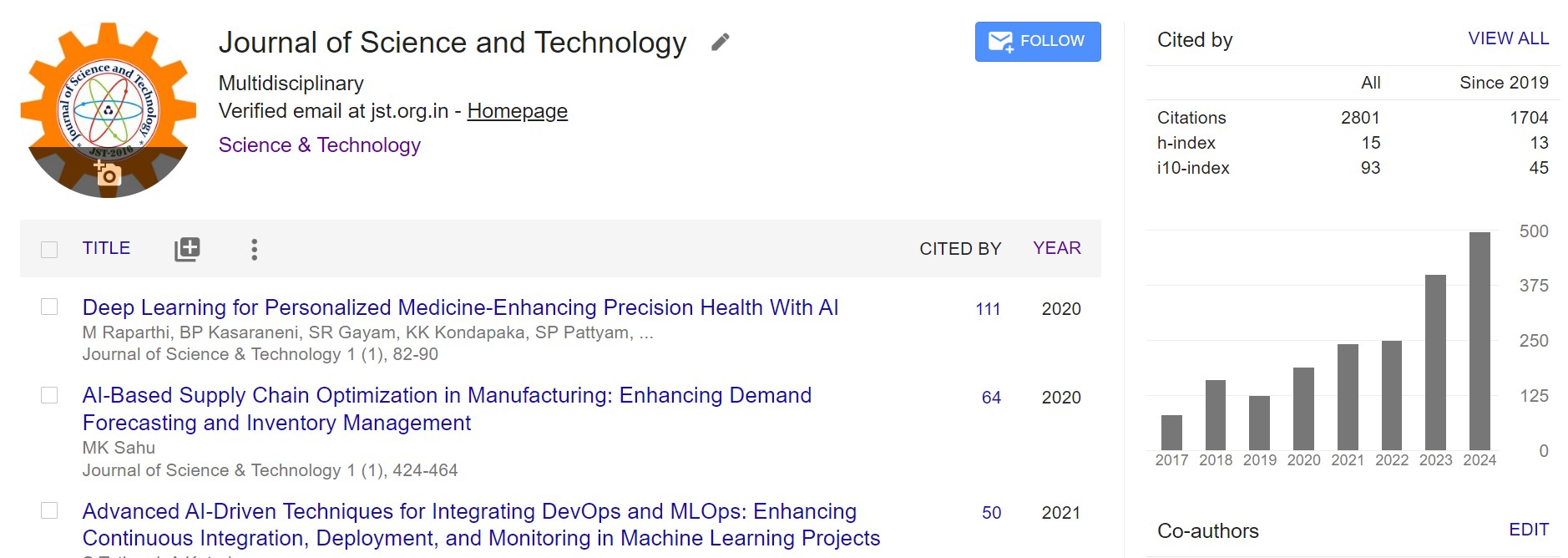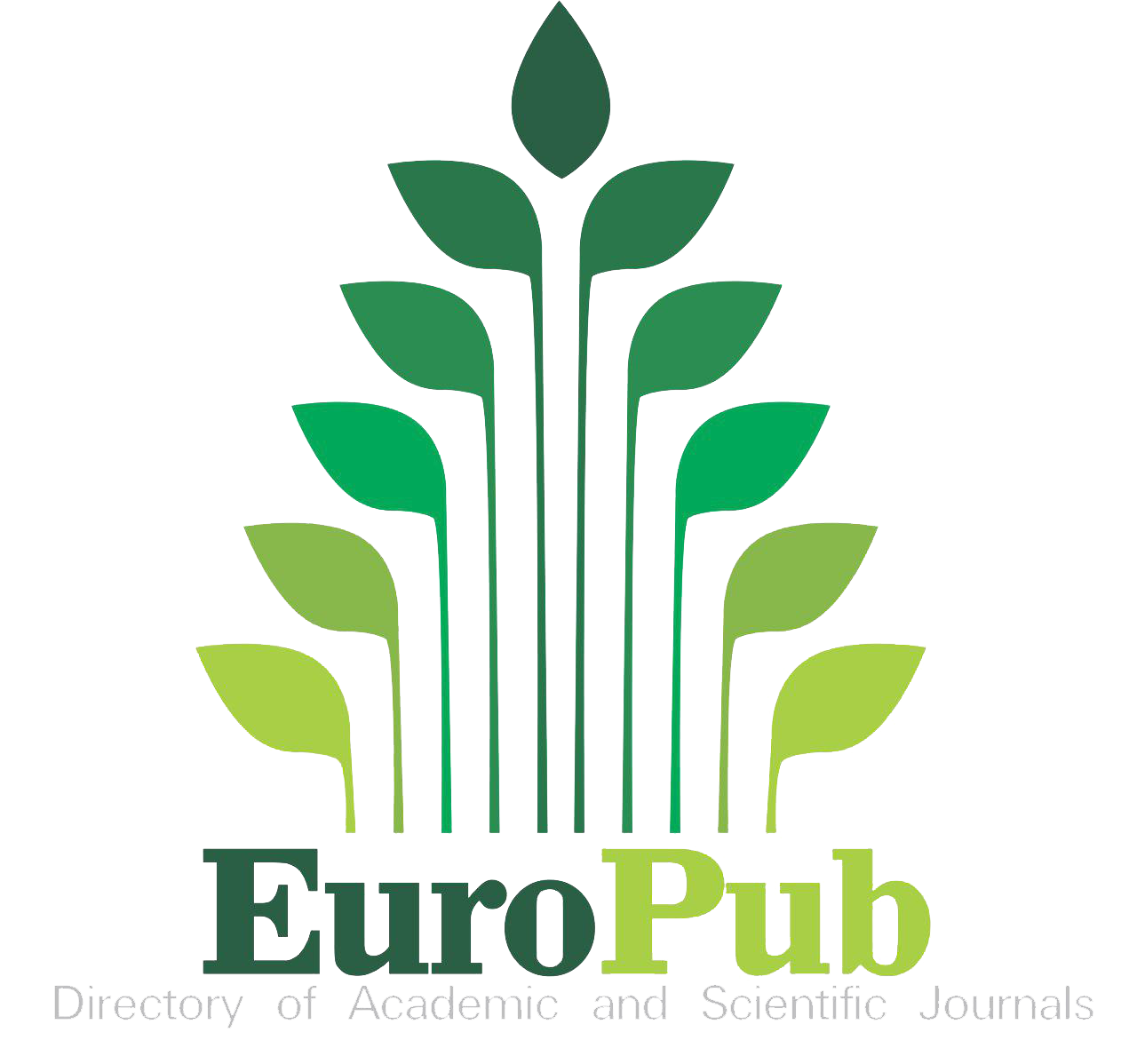Bioinformatics enriched analysis for identification of novel candidate genes and pathways for cystic fibrosis
DOI:
https://doi.org/10.46243/jst.2021.v6.i05.pp16-32Keywords:
.Abstract
Cystic Fibrosis, an inherited disorder, is primarily found in white American society. It arises due to alteration in the CFTR gene. Several pieces of evidence insight oxidative stress as one of the primary reasons behind this disorder. Thus, with the aim of finding the physiopathology of this disorder and its association with oxidative stress, a comparative transcriptomic study of CF with control was performed. A transcriptomic dataset (GSE ID: 39843) was accessed through Gene Expression Omnibus. Differentially Expressed Genes were enriched, and novel DEGs were sorted out. A protein-protein interaction network was constructed, followed by Gene Ontology and KEGG pathway enrichment. Our analysis revealed a total of 704 DEGs with 556 up-regulated and 148 downregulated genes. Comparison with the reported gene list (obtained through OMIM and Gene Cards) lead to the identification of 156 novel DEGs (125 up-regulated and 31 downregulated). PPI network constructed for the respective DEGs consists of 233 nodes and 1304 edges. POLR2D,CUL1,RAN,MANF,LNX1,GMNN, and STOM were identified as hub nodes through networking. GO and KEGG enrichment study identifies some major significant processes and pathways like Pyrimidine metabolism, Glutathione metabolism, Pentose phosphate pathway, Ubiquitin mediated proteolysis. ABC transporters up-regulated DEGs while cytokine receptor, Cell adhesion molecules, tight junction, leukocyte transendothelial for down-regulated DEGs. POLR2D,CUL1,RAN,MANF,LNX1,GMNN, and STOM genes may represent novel candidate biomarkers related to CF disease, as also revealed through our present findings. The current work reveals a new outlook to detect potential targets behind the cause of CF occurrence.


























